Whanaungatanga (Connect with others)
Spending time connecting with whānau, friends and team mates. This builds a sense of belonging and makes it easier to reach out when we need support.
Wellbeing means we have the tools, support and environments we need to be who we are and to build and sustain an enjoyable life.
For many of us, when we talk about mental health we’re often talking about mental ill-health. But, like physical health, mental health is something we all have and we need to look after it. There is no health without mental health.
Mental Health & Wellbeing is very similar to physical health. We train hard so that we can perform at our best and be more resilient to injuries. The same goes for our mental health. Making sure we have the skills and support we need to tackle challenges allows us to enjoy life and strengthens our overall sense of wellbeing.
Good mental health boosts our physical health, creates resilience, and helps us to feel happy, confident and secure.
One way of thinking about our wellbeing is as a wharenui or house.
Each side of the house represents a different aspect of wellbeing with the fifth element being our connection back to the land (whenua).
Taking time to look after and strengthen each of the four walls means we are more likely to be able to cope with challenges and enjoy life the way we want to.
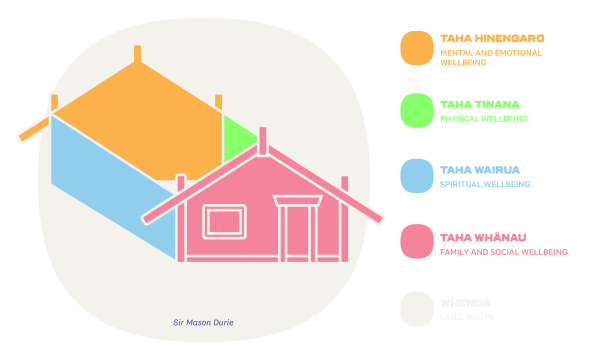
The way we think, feel and behave. This is often strongly linked to our level of self-awareness. Taking care of our mental fitness, even when we’re feeling good, is a strong protective factor.
Our physical body and its health and growth. Physical health is strongly connected to all parts of our wellbeing. Making healthy choices can have a big impact on our mind and overall health.
Our values and beliefs. These can be linked to a particular religion or faith but can also be about a sense of connectedness to self, whānau and community.
Our connection to our whakapapa, sense of identity and relationships with friends and family. Building strong connections with others gives us a feeling of belonging and strengthens our wellbeing.
Our connection to the land.Whenua in this context also refers to our turangawaewae,
our whakapapa and our identity just as much as our physical environment.
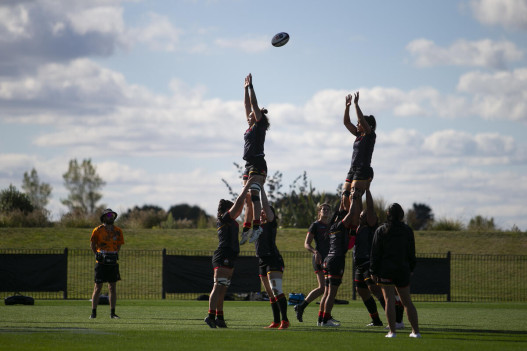
We can all go through times where we struggle with our mental wellbeing. It’s important to have an idea of what some of the common signs are so you can keep an eye out for yourself and for others.
Some common signs are:
Feeling sad, down or not enjoying things you usually would
Feeling very anxious or worried constantly
Mood swings
Participating in unsafe behaviour like excessive drinking, taking drugs or violence
When it comes to our mental wellbeing being impacted we often talk about stress. Different things can cause stress for each of us but common causes are:
Other common experiences that can cause stress within rugby are injury, not being selected and the pressure to perform well. Using the strategies below to cope with stress is a great way to look after your mental fitness.
Strengthening our mental fitness is all about doing small things consistently. Below are strategies that have been researched and used all around the world that can help you build your level of wellbeing and maintain a good balance between rugby and the other parts of your life.
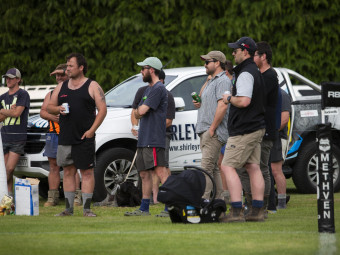
Spending time connecting with whānau, friends and team mates. This builds a sense of belonging and makes it easier to reach out when we need support.
Do something nice for someone else, volunteer your time, your words or your presence.

Mindfulness is a great way to give your mind a rest. Focusing on your breath is a useful tool to bring your attention back to the present.
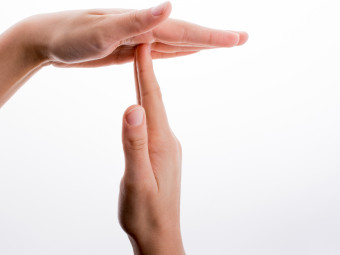
Rest is important. Block out time in advance that is “protected time” for you to spend doing something to re-energise.

Take time to notice things you are grateful for. Doing this daily helps train the brain to focus on the positive.
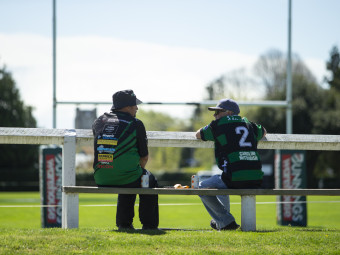
Sharing what’s going on in your life, good and bad, with people you trust is a great way to strengthen your support network.
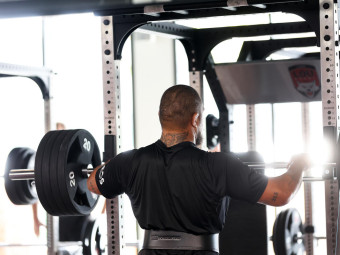
Being active can improve your mood and make you feel happier by producing changes in the part of the brain that regulate stress and anxiety.
Challenging ourselves to try new things is a great way to build confidence and helps growth skills in our kete.
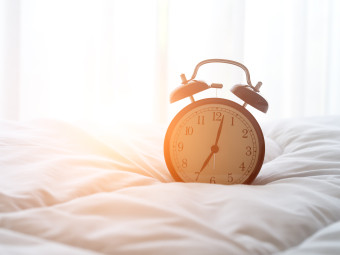
Sleep allows our body and mind to recover as does fuelling your body with the best hydration and food, fresh is best. Try and limit sugary foods and drink where possible.
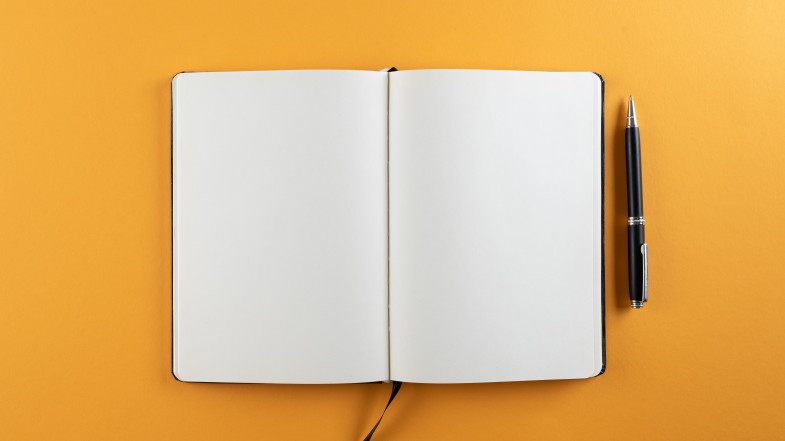
Take the self-test to help you figure out what you might be feeling and what your next steps could be.
Find out more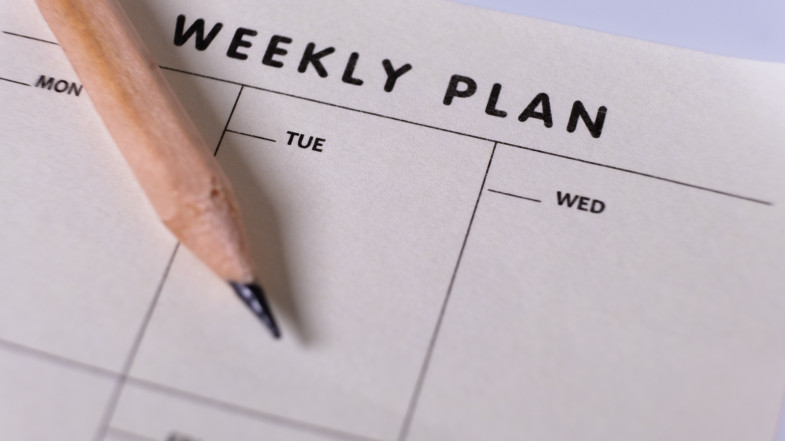
Taking care of our mental fitness, even when we’re feeling good, is a strong protective factor.
Find out more